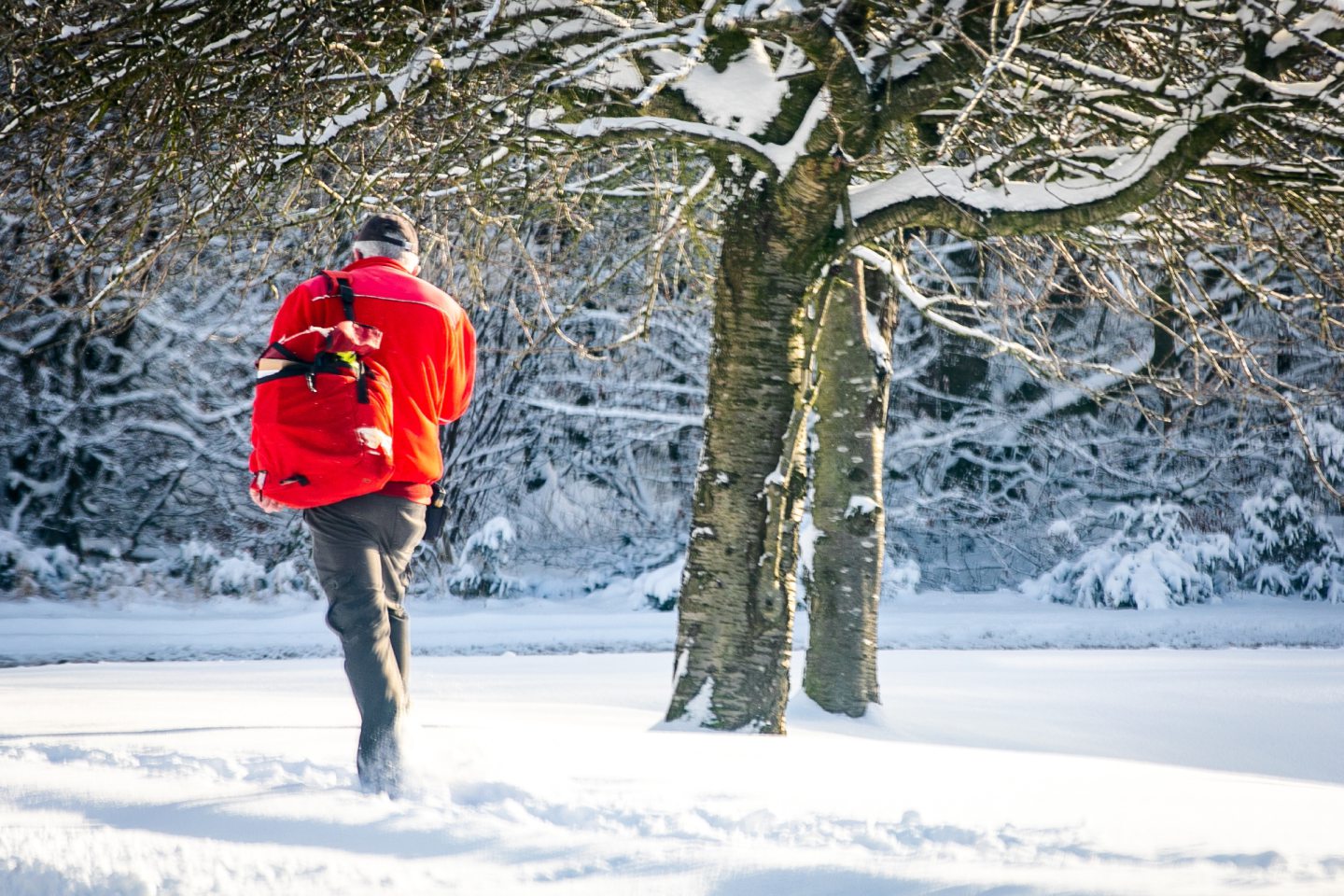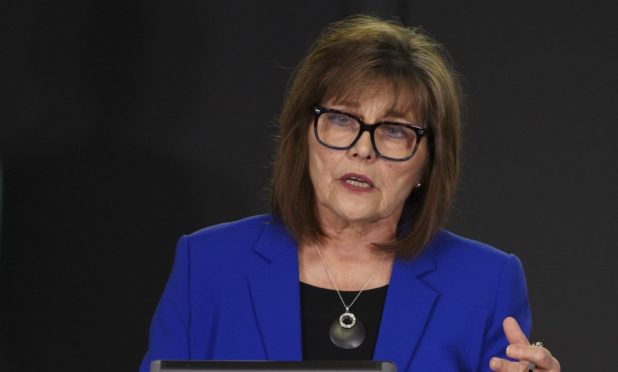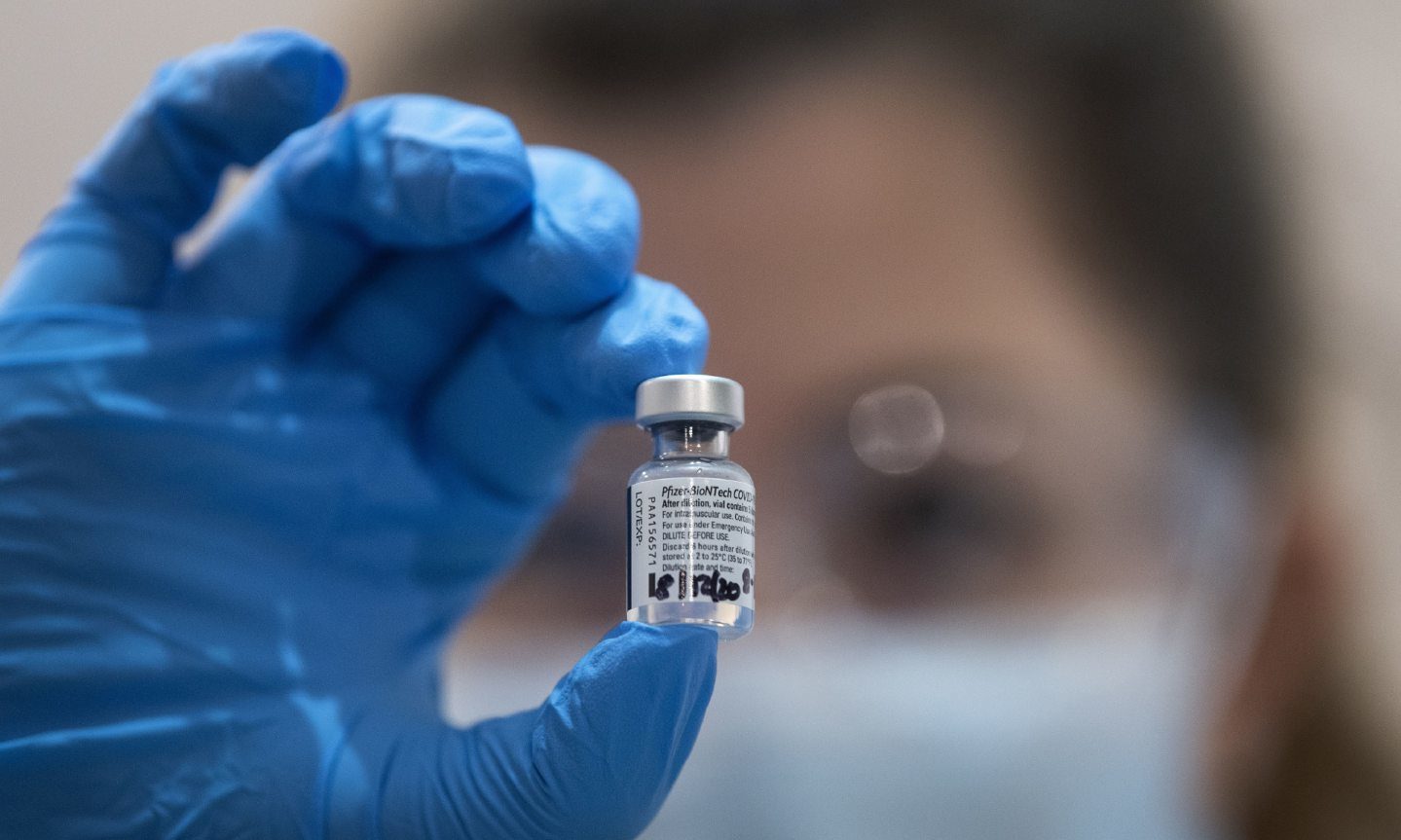A dip in vaccine supply is expected next week, health secretary Jeane Freeman has confirmed, however, Scotland remains on track to reach its targeted date to vaccinate the elderly and most vulnerable.
Ms Freeman, speaking to BBC’s Good Morning Scotland, hailed the milestone Scotland reached yesterday as one-million people have now been delivered their first dose of the vaccine.
She said: “It is a marker moment and it is a real testimony to the hard work of everyone who has been involved in this but also the million, now over a million people, who have come forward to have their jag and I am really grateful to every single one of them.”
Over one million people in Scotland have had their first dose of the #coronavirus vaccine.
Scotland's biggest ever vaccination programme has now reached more than a fifth of the total number of people who will be offered a vaccine.
Read more ➡ https://t.co/V0cGLfJNoT pic.twitter.com/o8mB5dJOTZ
— Scottish Government (@scotgov) February 10, 2021
Ms Freeman has said adverse weather in recent days has had an impact on the vaccination programme, with some people rebooking due to anxieties over leaving home under the weather conditions.
The health secretary praised local authorities for prioritising routes to vaccination centres, such as Aberdeen City Council have been doing with roads leading to P&J Live, which is currently being used as a mass vaccination centre.
Postal delays lead to missed appointments
Ms Freeman was asked about delays with the postal service after reports have been received that some people missed appointments due to letters arriving after appointment dates.

She said: “There are some concerns around the country with a programme of this size and Scotland in February.
“We are going to hit glitches and one of those is difficulties sometimes with the actual delivery of letters.
“When that happens we can rebook people using the national helpline and we will rebook them as quickly as we can.”
Supply to dip in coming weeks
Supply issues are anticipated to creep in towards the end of the month, Ms Freeman said, as vaccines arriving in the UK are scaled back slightly as Pfizer seeks to meet global demand in the fight against the pandemic.
Ms Freeman said: “That will reduce our expected supply next week and the week after by about somewhere between 120,000 and 190,000 doses a week over the two vaccines.
“What that means is that we need to scale back a bit on the pace we have reached this week, we will reach over 400,000 doses, which is a couple of weeks earlier than we said we would, but we need to scale back a bit.
“We are still confident, not only will we meet the target we set for Monday for all those over 70, but we will also meet the target we set for the group five folks, that’s the 65 and over, by end of February/early March.”
The health secretary said the programme will pick up pace again once supplies allow, but did state that second doses will also alter the rollout as they are “really important because they complete the programme for people, i.e. they complete the protection for individuals.”
When will restrictions ease?
Restrictions are not anticipated to relax fully until the virus is considered to be fully under control, with Ms Freeman saying around 80% of the population of the adult population will have to have been vaccinated by then.
She did state that some changes may be possible should progress be made in the days and weeks ahead.
She added: “That is still some time away but it doesn’t necessarily mean that nothing happens until then.
“We are prioritising the education and opportunity of our children and young people.
“If current progress continues then we would hope that on February 22 early years and the first parts of primary and some of those senior phase secondary students can begin to return to face-to-face learning and we will then move cautiously ahead.”
Ms Freeman said that caution must be taken to avoid a third lockdown, urging people to “be patient”, to attend vaccination appointments and to follow public health guidance.
Travel quarantine
UK Health Secretary Matt Hancock appeared on Good Morning Scotland earlier this morning where he said home quarantine for travellers not on the UK’s ‘red list’ was “proportionate”, with only those arriving from high-risk countries required to isolate in hotels for 10 days.
In Scotland, all travellers arriving from Monday from foreign countries will be required to quarantine in hotels at a cost of £1,750.
The crossover means Scots arriving in England from countries not on the red list will be told to self isolate at home, rather than in managed facilities.
Ms Freeman said: “I don’t think that is good enough and we will continue to talk to the UK Government.
“Of all the lessons that we should be learning from around the world, if we look at Australia, New Zealand, if we look at other countries, they have been very firm by trying to do everything they can as their population brings down cases in their own country to prevent the inward transmission of the virus.
“That is absolutely what we want to do.
“That is why we think focusing just on what Matt calls the red zone countries is not enough.
“Our advice is our decisions and desires to be tougher is led by clinical advice, is led by public health advice and it is there.
“It is also there in the evidence that we saw from what was achieved in Scotland in the summer but then cases rose again and they rose in very large measure because of inward transmission.
“We need to prevent that happening from as far as we possibly can.”
Could border checks be introduced?
Asked on possible border checks between Scotland and England, the health secretary said the Scottish Government is looking towards “everything we can do to try and maximise the protection that we can give to the population of Scotland.”
She continued: “We are looking at all the options we have, and yes that includes anything we can do without disrupting necessary supply chains and the movement of people for work – is there anything more that we can do that prevents inward transmission of the virus to any of Scotland’s borders – port, air and land.”

